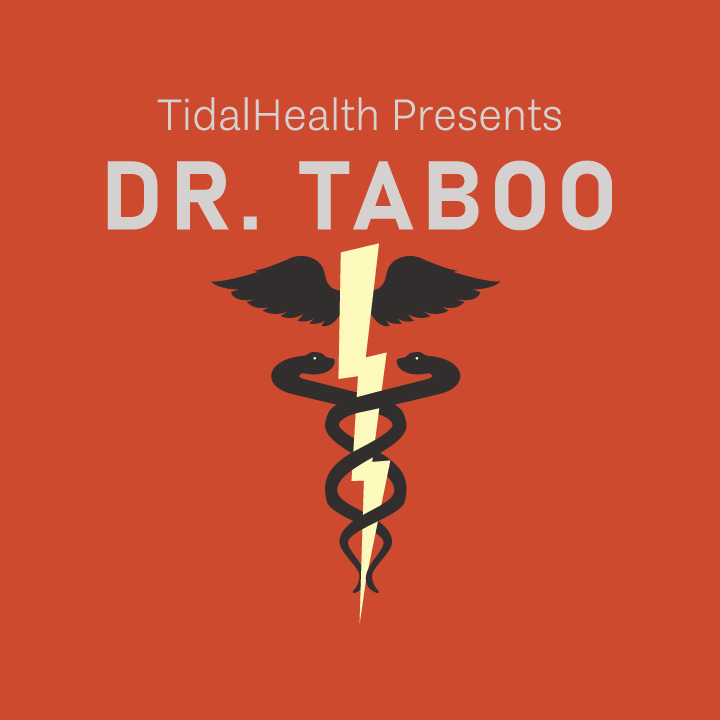Is it time to check in on your well-being?

Are you hitting a milestone birthday in 2025? It may be time for a new health screening.

Always talk to your primary care provider about what is best for you and whether you are at higher risk for cancer or other health concerns.
The following age recommendations come from the US Preventive Services Task Force:
Age 21: Women should get Pap tests starting at age 21. This test looks for changes that indicate cervical cancer or potential cervical cancer.
Age 40: Women at average risk of breast cancer should start getting mammograms at age 40.
Age 45: Men and women at average risk should be screened for colorectal cancer starting at age 45.
Age 50: Lung cancer screenings are recommended for people starting at age 50 if they have a 20 pack-year history and currently smoke or have quit in the past 15 years. A “pack-year” is the number of packs per day multiplied by the number of years smoked.
Age 65: Bone mineral density tests, which check for strong bones, are recommended for women ages 65 and older.
The decision whether to be tested for prostate cancer is something men should discuss with their primary care provider, according to the American Cancer Society and U.S. Preventive Services Task Force. This could start as early as age 45, for men with a higher-than-average prostate cancer risk.
It’s important to have regular check-ups with your primary care provider and discuss any health concerns you have with them. If you need to find a new provider, TidalHealth has primary and specialty care providers conveniently located across Delmarva. Visit tidalhealth.org/schedule to find one near you.
What you should know about your thyroid
By Jorge Vivar Aguirre, MD
TidalHealth Endocrinology

The thyroid — how much do you know about this crucial gland?
The thyroid is a small, butterfly-shaped gland located at the front of the neck, just below the Adam’s apple. Despite its modest size, it plays an essential role in regulating metabolism, energy levels, and overall health. The thyroid produces hormones, primarily thyroxine (T4) and triiodothyronine (T3), that impact nearly every organ in the body. These hormones help the body use energy, maintain body temperature, and support critical functions such as heart rate and digestion.
Thyroid testing and age
The American Thyroid Association emphasizes that thyroid disease screening should be based on individual risk factors rather than routine testing for the entire population. Regular screening is recommended for individuals over the age of 35, with follow-up every five years, especially for those with risk factors or symptoms. Early detection of thyroid disorders can ensure timely and appropriate treatment.
Additionally, women who are pregnant or planning to become pregnant should be screened for thyroid disease, as thyroid dysfunction can negatively impact both maternal health and fetal development.
When to get your thyroid checked
You should consider getting your thyroid tested if you experience any of the following symptoms:
It is important to consult with your healthcare provider if you notice any of these symptoms, as they may indicate thyroid disease. Keep in mind that many of these symptoms can also be associated with other conditions, so a thorough evaluation is essential for an accurate diagnosis.
Thyroid disease: hypothyroidism vs. hyperthyroidism
Two common thyroid disorders are hypothyroidism and hyperthyroidism, which are opposites in terms of thyroid hormone production.
Hypothyroidism occurs when the thyroid is underactive, producing insufficient thyroid hormones. This can lead to symptoms such as fatigue, weight gain, depression, dry skin and sensitivity to cold. Over time, untreated hypothyroidism can cause more serious issues like high cholesterol and heart disease.
Hyperthyroidism, on the other hand, happens when the thyroid becomes overactive, producing an excessive number of hormones. This can lead to symptoms like unexplained weight loss, rapid heartbeat, anxiety and irritability. Untreated hyperthyroidism can cause complications such as heart problems and osteoporosis.
The presence or absence of both conditions can be detected with a simple blood test that measures levels of thyroid hormones and thyroid-stimulating hormone (TSH). Based on the results, further tests may be conducted to determine the underlying cause, followed by treatment, which could include medication to regulate thyroid hormone levels or other therapies.
Stay healthy
Your thyroid gland plays a crucial role in maintaining overall health. Monitoring its function, particularly as you age or if you have risk factors, is key to the early detection and treatment of thyroid disorders. If you experience symptoms of thyroid dysfunction, it’s important to consult your doctor. Regular blood tests can help ensure your thyroid remains healthy, supporting your overall well-being.
Do you need to see a specialist?
TidalHealth Endocrinology has locations in Salisbury, Seaford and Ocean Pines. If you need to find a primary care provider, visit tidalhealth.org/schedule.

We talk about what you Google at 2 am
Some health questions feel too awkward to ask — even to your doctor. That’s where Dr. Taboo comes in. From unexpected body changes to the myths and misconceptions you’ve always wondered about, our physician expert tackles the topics you Google at 2 am but are too embarrassed to bring up in the exam room. No judgment, just real talk.
Join us for candid conversations with medical professionals who break down the weird, the worrisome, and the just plain what?! in a way that’s informative, entertaining, and completely unfiltered. New episodes drop regularly — because no question is too taboo when it comes to your health. Listen now at getwelldelmarva.com or wherever you get your podcasts!

Email: Info@CoastalStyleMag.com
Phone: 410-205-MAGS
Terms of Use
